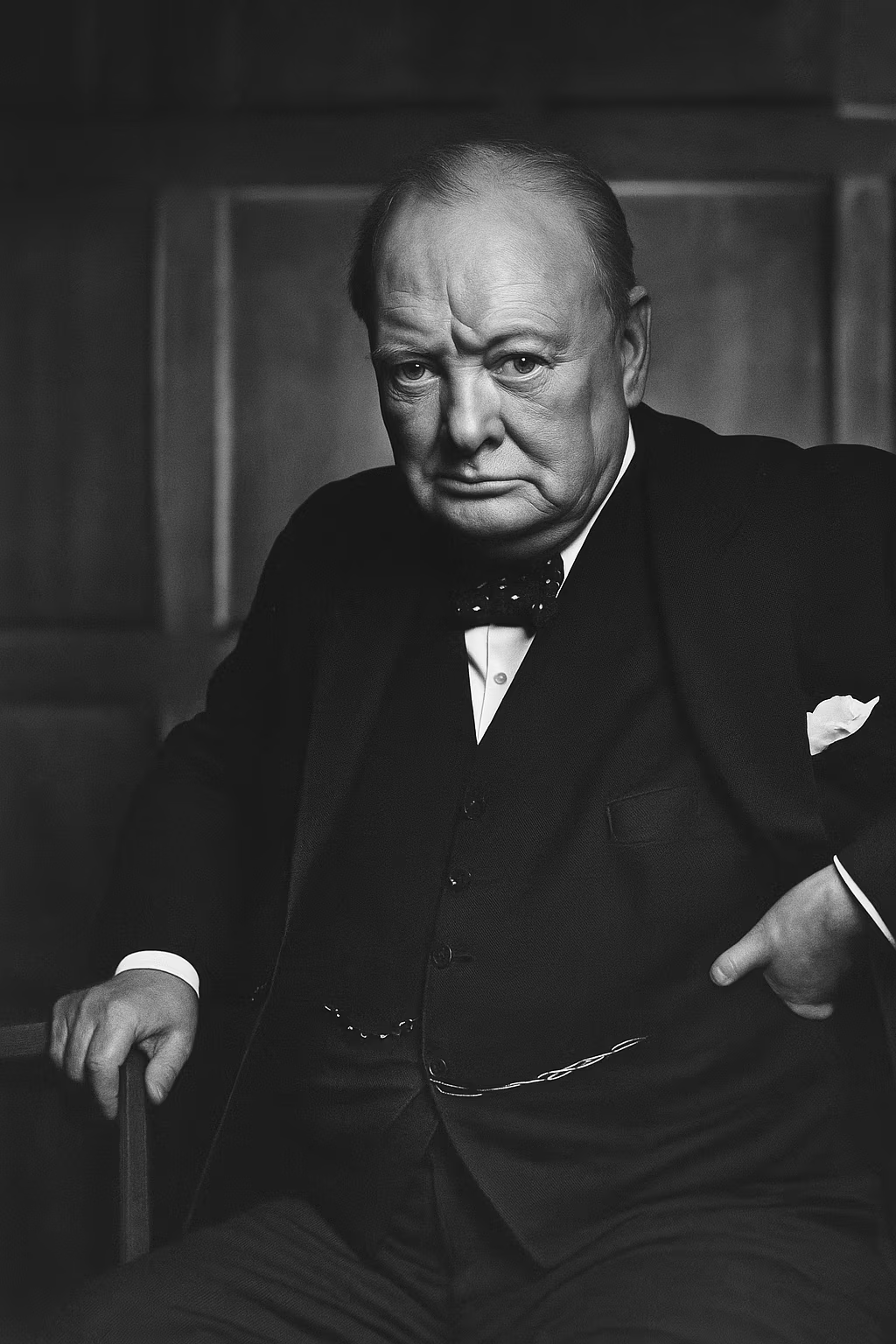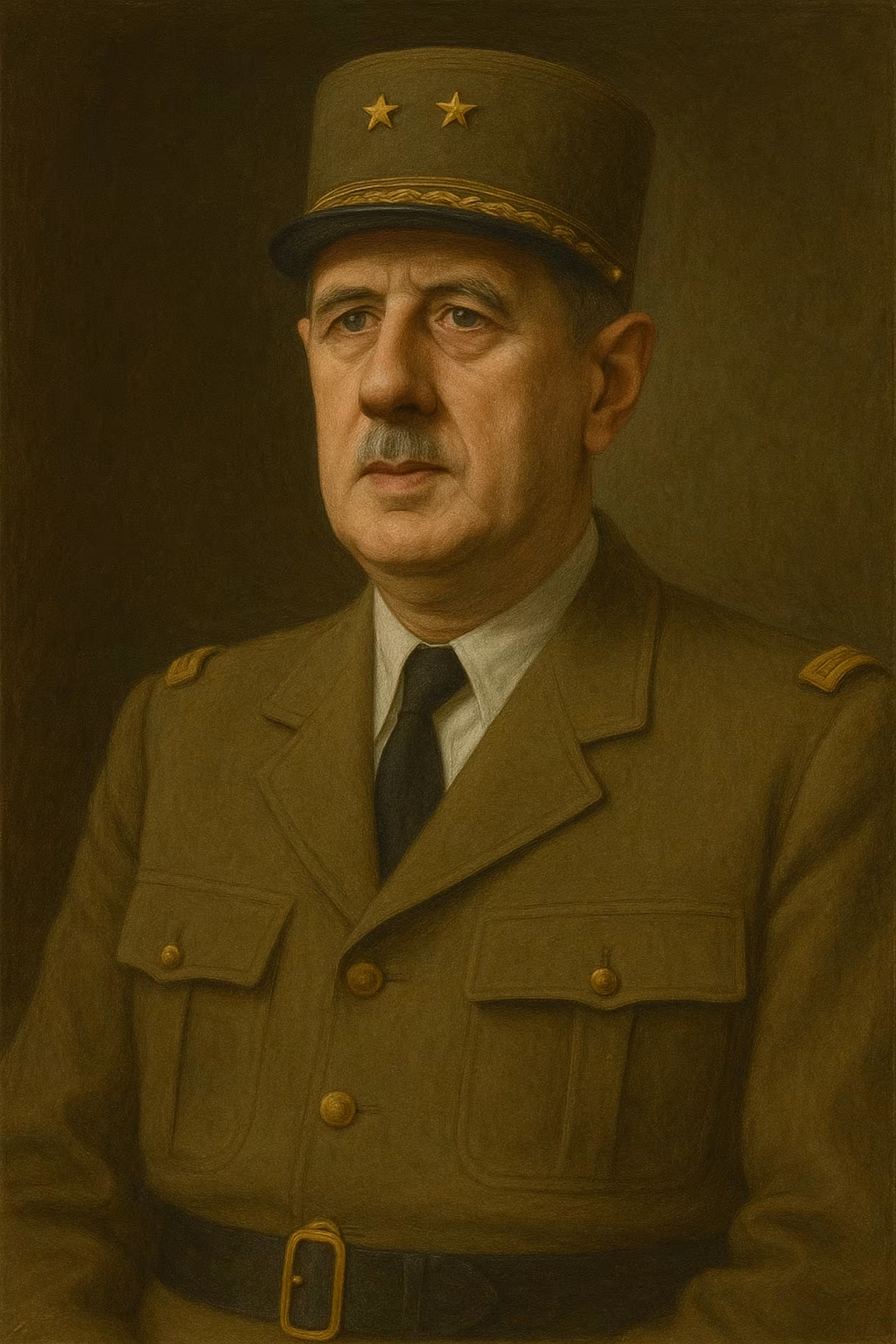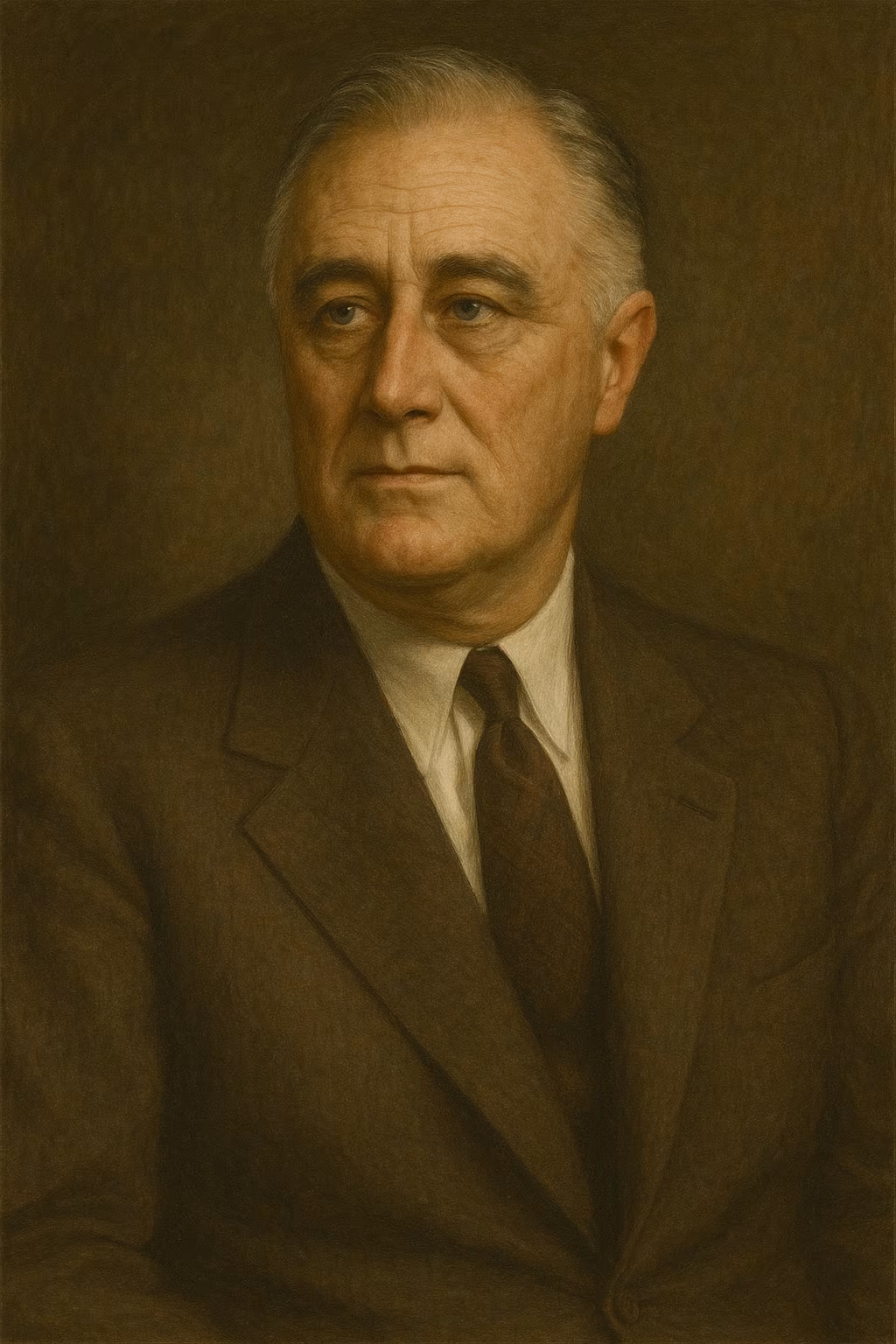Winston Churchill (1874 – 1965)
Quick Summary
Winston Churchill (1874 – 1965) was a statesman and major figure in history. Born in Blenheim Palace, Oxfordshire, United Kingdom, Winston Churchill left a lasting impact through Led Britain to victory in World War II (1940–1945).

Birth
November 30, 1874 Blenheim Palace, Oxfordshire, United Kingdom
Death
January 24, 1965 London, United Kingdom
Nationality
British
Occupations
Complete Biography
Early Life
Winston Leonard Spencer Churchill was born on November 30, 1874, at Blenheim Palace, into the aristocratic Marlborough family. His father, Lord Randolph Churchill, was a prominent Conservative politician, while his mother, Jennie Jerome, was an American socialite. Educated at Harrow and the Royal Military Academy Sandhurst, Winston showed early signs of independence and ambition but not academic discipline. Commissioned as a cavalry officer in 1895, he served in India, Sudan, and South Africa, gaining fame as both a soldier and a war correspondent. His daring escape from Boer captivity in 1899 made him a national hero and launched his political career.
Political Beginnings
Elected to Parliament in 1900 as a Conservative, Churchill soon switched to the Liberal Party, advocating social reforms and free trade. As First Lord of the Admiralty (1911–1915), he modernized the Royal Navy and anticipated the importance of air and tank warfare. However, his role in the failed Dardanelles campaign during World War I tarnished his reputation. Undeterred, he served on the Western Front in 1916 before returning to government as Minister of Munitions, showing remarkable resilience and administrative skill.
Interwar Years
The interwar period was marked by political isolation and controversy. Churchill rejoined the Conservatives but opposed Indian independence and the policy of appeasement toward Nazi Germany, earning him both admiration and hostility. During these 'wilderness years' (1929–1939), he focused on writing and historical works, including his monumental biographies of his ancestor, the Duke of Marlborough. His warnings about Hitler’s expansionism were largely ignored until 1939.
World War II
Appointed Prime Minister in May 1940 after Neville Chamberlain’s resignation, Churchill rallied the nation during its darkest hour. His speeches — 'We shall fight on the beaches', 'Their finest hour', and 'Never was so much owed by so many to so few' — became symbols of British defiance. He forged the alliance with the United States and the Soviet Union, guiding Britain through the Battle of Britain, the Blitz, and the eventual victory over Nazi Germany. His leadership embodied resilience, eloquence, and strategic insight.
Postwar Years
Defeated in the 1945 elections, Churchill returned to power from 1951 to 1955. His second term focused on foreign policy and managing Britain’s decline as a world power. In 1953, he received the Nobel Prize in Literature for his historical writings, particularly 'The Second World War'. He also became the first person made an honorary citizen of the United States. He retired from public life in 1955 but continued painting and writing until his death.
Death And Legacy
Churchill died on January 24, 1965, at the age of 90. His state funeral was attended by leaders from across the world. Remembered as the man who 'gave the lion its roar', Churchill’s legacy is complex: a champion of liberty and democracy, yet also an imperialist and controversial figure in colonial matters. His speeches, writings, and political courage left an enduring imprint on the 20th century.
Achievements and Legacy
Major Achievements
- Led Britain to victory in World War II (1940–1945)
- Served twice as Prime Minister (1940–1945, 1951–1955)
- Awarded the Nobel Prize in Literature (1953)
- Modernized the Royal Navy as First Lord of the Admiralty
- Delivered some of the most influential speeches in history
Historical Legacy
Winston Churchill’s life combined political mastery, literary genius, and indomitable will. His leadership during the Second World War shaped the course of modern history. Though his views on empire and race remain debated, his defense of freedom, democracy, and perseverance cemented his place among the giants of the twentieth century.
Detailed Timeline
Major Events
Birth
Born at Blenheim Palace, Oxfordshire
Escape from Captivity
Escaped Boer imprisonment in South Africa
Parliament
Elected to Parliament for the first time
Prime Minister
Became Prime Minister during World War II
Victory
Led Britain to victory in World War II
Nobel Prize
Received Nobel Prize in Literature
Death
Died in London
Geographic Timeline
Famous Quotes
"Success is not final, failure is not fatal: it is the courage to continue that counts."
"We shall fight on the beaches... we shall never surrender."
External Links
Frequently Asked Questions
When was Winston Churchill born and when did he die?
Born November 30, 1874, at Blenheim Palace; died January 24, 1965, in London.
What role did he play in World War II?
He led Britain as Prime Minister and inspired resistance against Nazi Germany.
What Nobel Prize did he receive?
The Nobel Prize in Literature in 1953.
What were his most famous speeches?
‘We shall fight on the beaches’, ‘Their finest hour’, and ‘Never was so much owed by so many to so few.’
Was Churchill ever defeated in elections?
Yes, he lost the 1945 general election but returned as Prime Minister in 1951.
Sources and Bibliography
Primary Sources
- Churchill Papers, Churchill Archives Centre, Cambridge
Secondary Sources
- Martin Gilbert, Churchill: A Life ISBN: 9780712652982
- Roy Jenkins, Churchill ISBN: 9780375411941
External References
See Also
Related Figures
Specialized Sites
Batailles de France
Discover battles related to this figure
Dynasties Legacy
Coming soonExplore royal and noble lineages
Timeline France
Coming soonVisualize events on the chronological timeline

